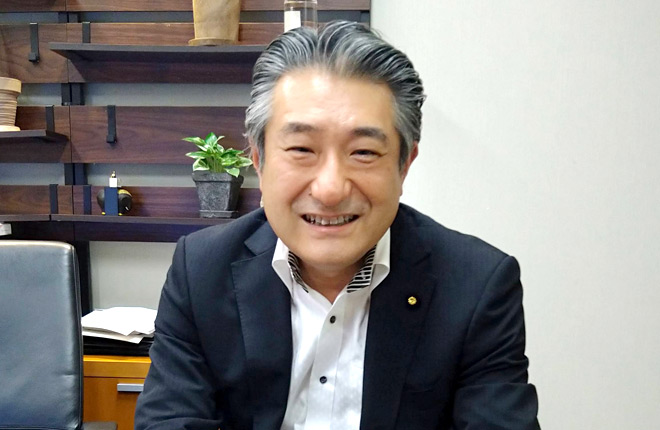INTERVIEW―

If we can change the definition of the elderly and people’s mindset, we can begin to see ageing in the context that “longevity is something to be joyous about and a cause for celebration”.
Member of the House of CouncillorsDeputy Secretary-General of JPFP Hon. Masahiro Ishida https://www.masahiro-ishida.com/
The spread of COVID-19 has increased the burden on health care professionals. The ratio of nurses, physicians and other health care workers to the population is comparatively lower in Japan than in other countries, and it is only through the tireless devotion of these health care professionals that enables provision of affordable care anywhere in Japan. I have been working to ameliorate this situation. It requires a mechanism to facilitate reemployment of health care workers, stability in hospital management, and securing an adequate number of nursing students.
Actually the number of nurses and physicians is increasing, but their workload is further growing partly due to population ageing. With the COVID-19 pandemic, moreover, they are facing shortage of workforce and supplies as well as unjustified discrimination directed at them. On the other hand, there are many people who have expressed kind words about health care workers under the current situation.
Against this backdrop, it was encouraging to hear the news that in a survey of senior high school students across Japan this year, “nurse” was chosen as the most popular occupation among senior high school girls.
As population ageing advances in Japan, I think we need to change the age-based definition of the “elderly”. This definition stems from the United Nations’ publication in 1956 that held that “ageing society is one in which more than 7% of the population is over the age of 65”. At that time, the average male life expectancy in Japan was around 64. Fifty years on, the average life expectancy in Japan is now around 81 for men and 87 for women, making the definition incongruous with today’s realities.
Therefore, I am proposing to define the “elderly” not by their age but by their need for nursing care or support. There are many people over 65 who are healthy and motivated to work. Companies should change the conception that one has to work a set number of hours to count as a full-time worker, introduce job-based employment where jobs are divided into smaller tasks, and create an environment in which those willing to work, regardless of age, can find modes of work suited to them.
If we can change the definition of the elderly and people’s mindset, we can begin to see ageing less as something to lament about, but more in the context that “longevity is something to be joyous about and a cause for celebration”. I hope to widely spread these ideas and initiate a major transformation from Japan.
Interviewed in September 2020
※The titles shown are those held at the time of interview.

